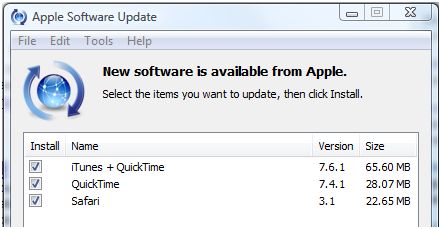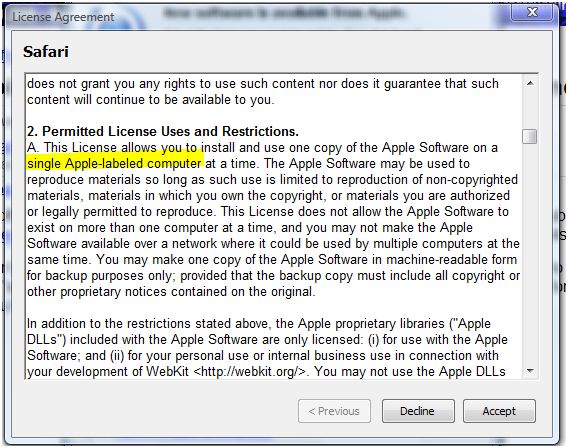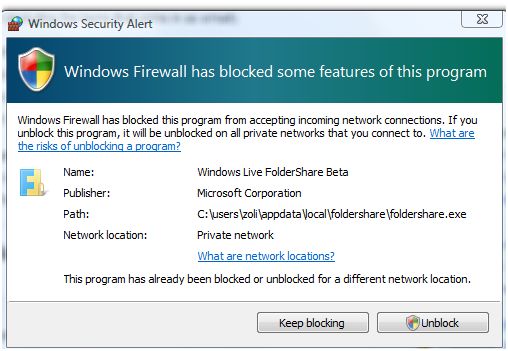<rant>
I’ve had it. I’m tired of Microsoft programs taking over my computer without permission. This time it’s IE7 – yes, I know, IE8 is out, but I could not care less. In fact I have not launched IE7 for a long time. Sticking with Firefox, and if I was not so dependent on several Ffox add-ons, the browser I’d switch to would be Google’s Chrome, not Internet Explorer.
So what happened? Read on …



 ).
).

 :
: . Intuit is clearly throwing in support resources, customers can register and will be called back to individually assess their situation. For many, the damage may very well be more than losing a few hours:
. Intuit is clearly throwing in support resources, customers can register and will be called back to individually assess their situation. For many, the damage may very well be more than losing a few hours: Who has time for this? Between the applications we actually use and all the crapware needed just to keep our computers running (virus scan, firewall, anti-spy, desktop search, backup, synchronization …etc), it’s just getting way too much to deal with.
Who has time for this? Between the applications we actually use and all the crapware needed just to keep our computers running (virus scan, firewall, anti-spy, desktop search, backup, synchronization …etc), it’s just getting way too much to deal with.
 (originally built on Mozilla) says
(originally built on Mozilla) says 

Recent Comments